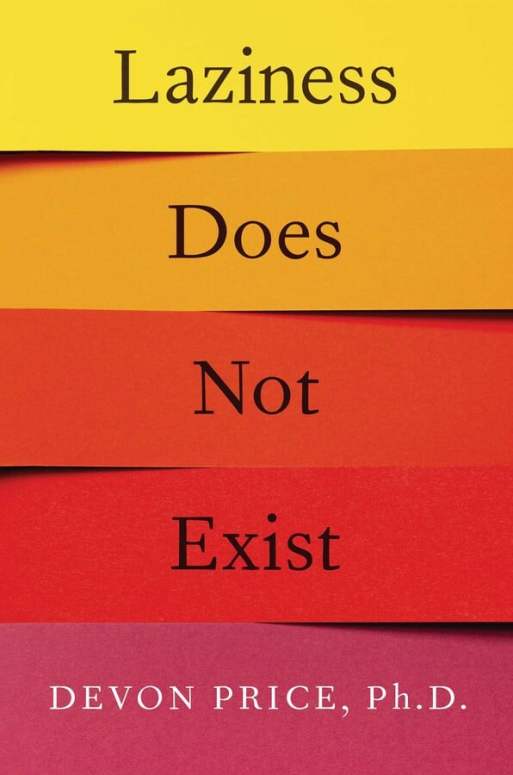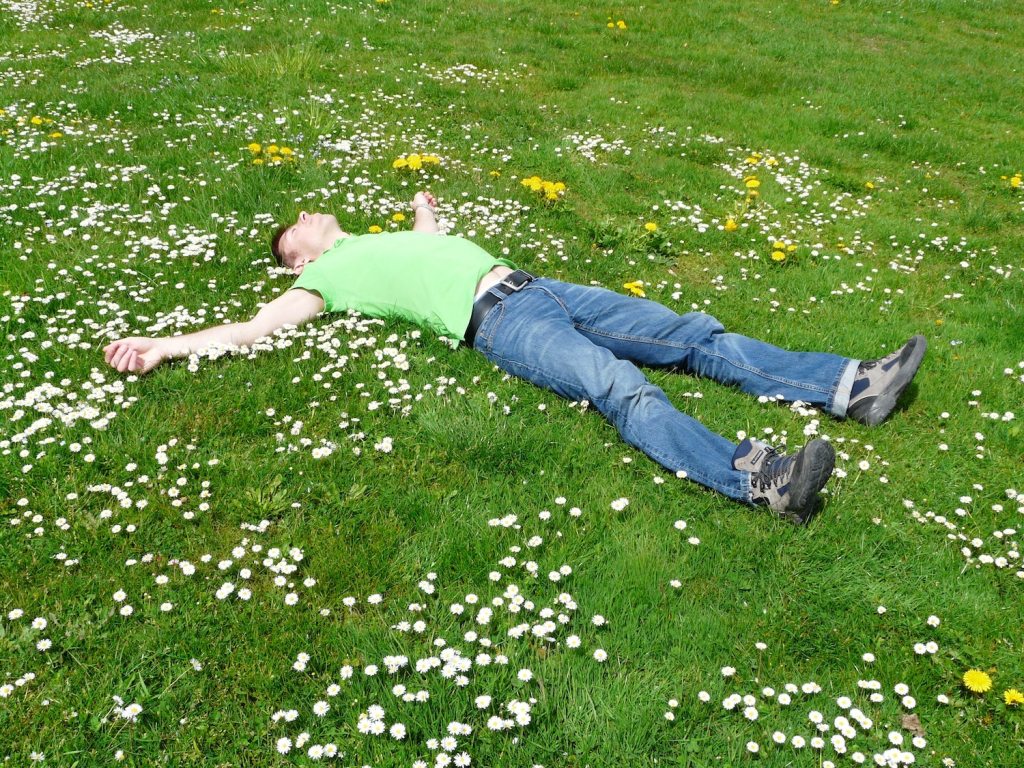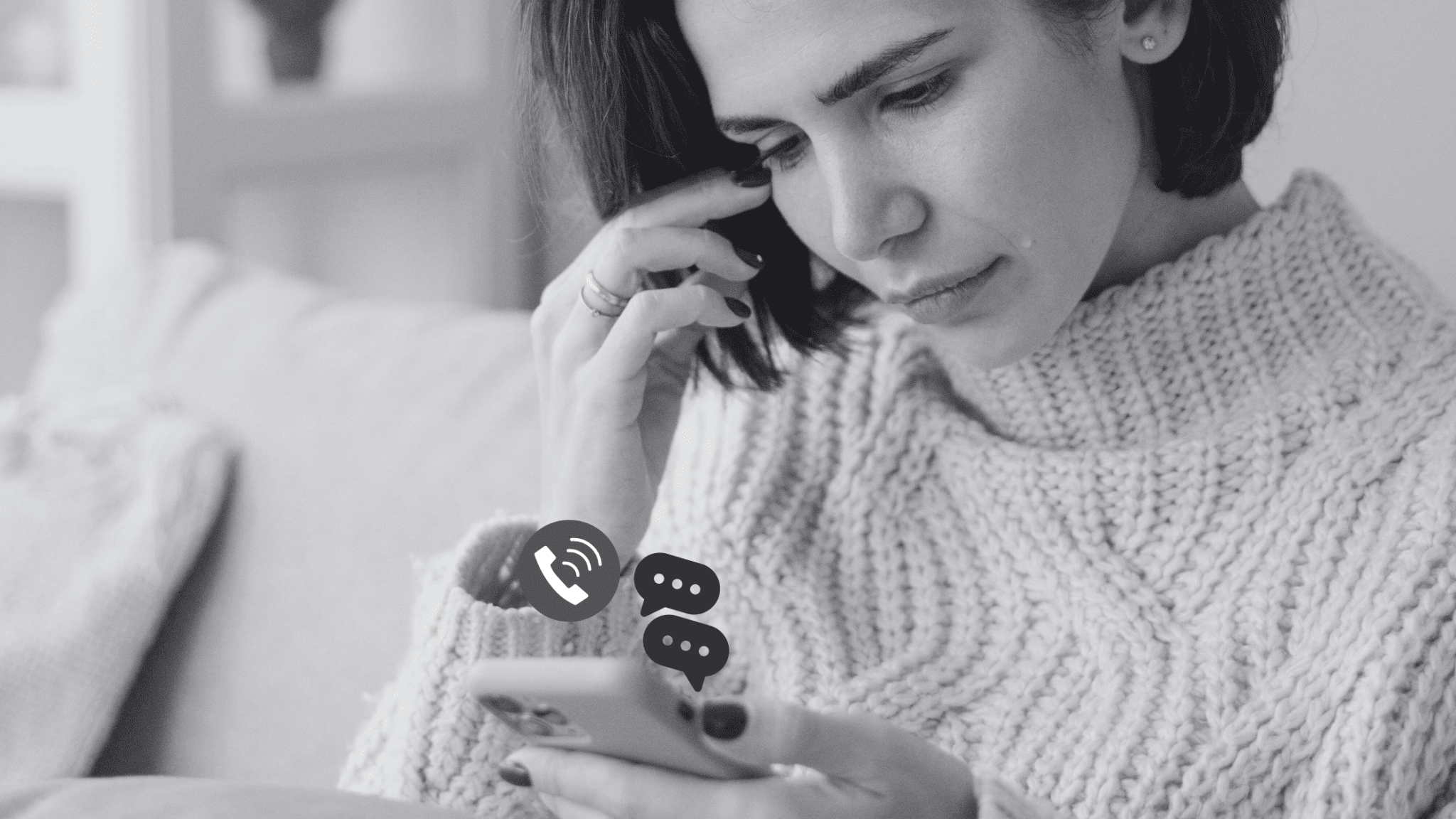Dr. Devon Price: Fighting Back Against The Laziness Lie

Recovering overachiever Devon Price examines the darker side of productivity in Laziness Does Not Exist
Zoom fatigue. Burnout. Work-life balance. These are just a handful of the terms that have become part of our everyday dialogue in the past 18 months, and for good reason. The pandemic created a different kind of work-related stress, for sure. But let’s not pretend that many of us weren’t already suffering the effects of hustle culture and so-called toxic productivity. The pandemic may have accelerated it, but sooner or later we were going to have to face up to the fact that our current work culture is not sustainable for long-term health or happiness.
Dr. Devon Price is a social psychologist, writer, activist, and professor at Loyola University of Chicago’s School of Continuing and Professional Studies. Like many Americans, they believed that productivity was the best way to measure self-worth. An overachiever from the start, Devon graduated from both college and graduate school early, but that success came at a cost. After being diagnosed with a severe case of anemia and heart complications from overexertion, they were forced to examine the darker side of all this productivity.
What began as an op-ed piece for Human Parts, turned into their first book, Laziness Does Not Exist, published by Simon & Schuster earlier this year. Laziness Does Not Exist explores the psychological underpinnings of the “laziness lie,” including its origins from the Puritans and how it has continued to proliferate as digital work tools have blurred the boundaries between work and life.
Using in-depth research, Dr. Price explains that people today do far more work than nearly any other humans in history yet most of us often still feel we are not doing enough and suggests that the solution to problems of overwork and stress lie in resisting the pressure to do more and instead learn to embrace doing enough.
We were lucky enough to sit down with Devon and learn more about their experience, their ideas, and what a future without “laziness” might look like.

Your book is concerned with dismantling the “Laziness Lie”. Can you briefly summarize what that is for those new to your work?
The laziness lie is a belief system that says hard work is morally superior to relaxation and that people who aren’t productive have less innate value than productive people. It’s an unspoken yet commonly held set of beliefs and values that dates back at least to the Puritans and is really deeply infused in American culture, though we’ve really exported it, through both colonialism and media, to all parts of the world. It affects how we work, how we set limits in our relationships, and our views on what life is supposed to be about.
The Laziness Lie has three main tenets:
- Your worth is your productivity.
- You cannot trust your own feelings or limits.
- There’s always more that you could be doing.
The laziness lie affects how we work, how we set limits in our relationships, and our views on what life is supposed to be about.
The premise of your book originally came from an essay you wrote in 2018. Did you intend for it to become a book, or were you inspired to develop your ideas further by the responses you received to that piece?
I had no intention for the piece to be anything but a space for me to vent about how my students at the Evangelical college where I was teaching at the time were being mistreated and underestimated by some of their other professors.
At that school, I had students who were working full-time jobs, coping with depression, OCD, and eating disorders, and some even being forced to sit in the same classrooms as their abusers. They were being led to believe that missing a day of class or struggling to focus on an exam meant they were lazy or weren’t graduate school material.
It outraged me and pained me so deeply that I just had to write about it. I was shocked when the piece got over 3 million views on Medium, was shared far and wide and prompted a pretty much endless stream of heartfelt emails and DMs. Eventually, an agent approached me and asked me if I wanted to turn the ideas in the essay into a book, and I could tell by then that the work resonated with enough people that it would be a good idea.
The concepts of productivity, and work in general, have been shaped by Western industrialized capitalism. What are the disadvantages of this? What can be gained from taking a different perspective?
The main disadvantage of it is that it’s evil and dehumanizing. I really mean that — connecting a person’s worth as a human to their productivity is part of how we justified enslavement, institutionalization, and forced sterilization of people with disabilities, and how we still explain away society’s failure to take care of homeless people and people with mental health struggles to this very day.
Right now, if you want to survive in the United States, you either need to be lucky enough to have wealth or a supportive family to take care of you, or you need to work. But not all of us can work, and we certainly can’t be productive for all of our lives — as Susan Sontag wrote, we all are born with passports to both the kingdom of the well and the kingdom of the sick.
No one is really built to be fully independent, it’s not possible for most of us and it’s not sustainable as a way of life. The alternative is to see ourselves as interdependent, as members of a vibrant, interwoven community where we all take care of one another and are focused on joy, connection, and sustainability, rather than the impossible fantasy of forever productivity, forever profit, and forever growth.
To what extent do you believe the rise of technology and the internet have contributed to the pressure to be constantly productive and bettering ourselves?
These pressures have always been with us, but technology has caused it to morph and take on new, insidious forms. Work-life interference is at an all-time high thanks to digital work tools like Slack, Microsoft Teams, Zoom, employee monitoring software, and the pressures of the pandemic. We never leave work; we are always reachable and being overstimulated with demands for our attention and time.
Apps like Duolingo and sites like Datacamp offer the false promise that even your “free” time can be spent self-improving and building up your employability. There is almost no moment that hasn’t been claimed as a potential space for productivity.

As a recovering chronic overachiever, why do you think so many of us put ourselves under such undue pressure to succeed? Where does that voice in our heads telling us to be better really come from?
Most of us exist in a context where if we don’t work, we can’t live. So we occupy an innately coercive relationship to money and work. And so we always feel that precarity hanging over us — our capacity to be productive is what “earns” us the right to live, under the system we currently occupy. And in many workplaces you can’t just be good enough, you’re supposed to forever be taking on new duties, growing in your role, moving up the ranks, developing new skills in order to remain even remotely stable. There is no time or space for stillness or dormancy. So no wonder we never feel okay! It’s not an individual neurosis, even though we use words like “workaholism” for it — it’s a pretty reasonable, albeit painful, reaction to the world we are living in.
Your wake-up call came in the form of a long period of illness. Do you think your getting sick was a direct consequence of your need to constantly outdo your expectations?
I became profoundly sick after I finished graduate school because I had learned to never listen to my body or to my emotions, to always push through and keep working so that I could achieve great things, impress people, and justify my existence through accomplishment.
It absolutely wrecked my health — I had anemia, a heart murmur, and a fever that would hit me at about 6 or 7 pm every single night, for over nine months. Even when I was that sick, I was still going to work every day, working a full 8 hours, exercising, and doing side hustles — I was that alienated from my own needs.
So yes, it’s no question that my relationship with work caused my health problems. It was only when I stopped living that way that I started being able to actually be physically okay.
There’s nothing innately wrong with having goals, but I think under our current system, there is so much pressure to just let all your life be leeched out of you in the service of making money and satisfying other people.
How do you balance staying healthy in body and mind while still achieving your goals and doing work you are proud of?
I don’t think I balance them well honestly. I had a huge wake-up call that forced me to radically change my life and let go of all the big goals I had been chasing. I literally gave up on ever being a tenured professor so that I could regain my health and stay alive and happy.
For many years after that big awakening, I was pretty directionless and goal-less; I taught, I did some consulting, I wrote for fun, and I tried to just get by — and that was essential to me rebuilding my life. Now I have this career as an author and a speaker, and it threatens to swallow me whole again because there are two big industries that stand to make a lot of money out of me, and I would be a fool to just leave that on the table, right?
There’s nothing innately wrong with having goals obviously, but I think under our current system, there is so much pressure to just let all your life be leeched out of you in the service of making money and satisfying other people. I don’t want to live that way.
It’s a hard fight and I am often losing it, but when I am doing alright and taking care of myself, that looks like not having big ambitious goals and just doing things that I find fun. I don’t want to have big career goals or care about doing work that makes me proud anymore — I want to have a life I enjoy instead.

On the flip side, what are some of the positive ways we can use technology to reduce the amount of work we have? Do you have any favorite tools that help you get your work done?
I don’t. I think technology does streamline some things — and it vastly improves access for people with disabilities — but I can’t say I have any favorites because I think almost all of them are used in distorted, exploitative ways alongside their many benefits.
What advice would you give to someone who feels the need to be constantly busy?
I would ask them to examine what their values are. Take a step back and ask yourself: what makes me happy? When do I feel alive? What makes me feel connected to others, excited, and hopeful? Use those questions to help you reconnect with what matters most to you.
Now, look at how you actually spend your days. Where is the disjoint? If you’re like me, your day-to-day life often isn’t in alignment with your true values — sometimes out of financial necessity, because of work. But see if you can identify some obligations you are currently taking on that you can instead let go of. What can you refuse? Who can you stand to disappoint?
Ask yourself: what makes me happy? When do I feel alive? What makes me feel connected to others, excited, and hopeful? Use those questions to help you reconnect with what matters most to you.
You conclude that compassion kills the laziness lie. What are some of the easiest and most effective ways to show compassion to ourselves and others in our daily lives?
Act as though all humans deserve to be alive, and to have a reasonable degree of comfort, no matter what they do or don’t do. Give money to the person asking for spare change on the corner, with no strings attached and no judgment projected in their direction. Fight for the rights of disabled people, and educate yourself on how disability benefits and social welfare benefits work where you live, and who ends up falling through the cracks or winds up getting stuck in an unwinnable spot.
When you feel yourself passing judgment against another person, viewing them as lazy, or a failure, or a disappointment, see if you can mentally “zoom-out” and look at their broader context. What might they be struggling with? What needs are not being met? How has society failed them?
I truly believe that the best way to fight back against the Laziness Lie is to fight to create a world where all humans are treated with dignity and are cared for. When we stop living under such immense insecurity and competition, we can finally feel at ease in ourselves as well.
What other changes in the way we think about work would you like to see in the future?
I think it’s about so much more than just how we think about work — I think the way the workplace functions needs to change.
The pandemic has illustrated for us that people can be trusted to work without having a boss breathing down their neck, that we don’t need offices and long commutes and rigid schedules. We can offer people flexibility and remote options.
It’s also taught us that if you subject service industry workers to immense risk and low pay for months and months, eventually they will put their foot down and refuse to be exploited and undervalued anymore. I hope we keep all that momentum!
A better world is possible for all of us if we just stop viewing other people as lazy opportunists and start seeing these structural problems as something we can fix together. We don’t need to snitch on our coworkers for coming into the office late. We don’t need to log extra hours every night just to make ourselves look good. We can refuse. It’s terrifying as a prospect, but together we can really change the paradigm.
What projects are you currently working on that you’re most excited about?
I’m not excited about working on projects — I’m excited about living my life.

You can purchase Devon’s book here, and follow with their work on Medium, Twitter, and Instagram.


